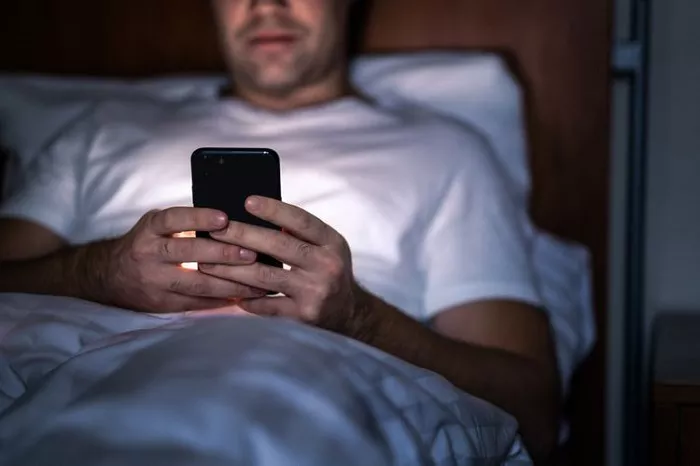As millions of people wind down for the night, a dangerous habit is silently eroding their health. Recent research from Norway has uncovered alarming evidence about the consequences of using smartphones, tablets, and other devices in bed. The study, one of the largest of its kind, followed over 45,000 participants and delivered sobering results that should make everyone reconsider their nighttime routine.
The Hard Numbers: What Science Now Knows
The comprehensive research published in Frontiers of Psychiatry reveals a direct correlation between screen time and sleep deprivation. For every hour spent staring at a screen in bed, participants lost an average of 24 minutes of sleep. Even more concerning, each additional hour of screen time increased the risk of developing insomnia by a staggering 59%. These findings hold particular significance for young adults, a demographic already prone to insufficient sleep.
Beyond Fatigue: The Ripple Effects of Sleep Loss
The consequences extend far beyond next-day drowsiness. Chronic sleep deprivation has been conclusively linked to a host of serious health conditions, including cardiovascular disease, type 2 diabetes, obesity, and depression. Cognitive functions like memory retention, problem-solving abilities, and emotional regulation all suffer when sleep is compromised. Experts warn that the cumulative effect of nightly screen use could be contributing to a public health crisis.
Breaking Down the Screen Time Myth
Contrary to popular belief, not all screen activities are created equal when it comes to sleep disruption. The Norwegian study meticulously tracked six common bedtime behaviors: watching videos, social media browsing, internet surfing, listening to audio content, gaming, and academic reading. Surprisingly, all showed similar negative impacts on sleep quality and duration, challenging previous assumptions that social media was uniquely harmful.
The Vicious Cycle of Screen Use and Sleeplessness
Sleep specialists describe a troubling feedback loop: poor sleep leads to increased screen use, which in turn worsens sleep quality. The blue light emitted by devices suppresses melatonin production, while engaging content stimulates the brain when it should be winding down. Many users report turning to their devices when unable to sleep, inadvertently making their insomnia worse. This self-perpetuating cycle explains why breaking the habit proves so difficult for many people.
Practical Solutions for the Digital Age
Experts recommend creating clear boundaries between screen time and sleep time. The most effective strategy is establishing a device-free buffer zone before bedtime, ideally 60-90 minutes. For those who can’t completely disconnect, solutions like blue light filters, automatic screen dimming, and strict time limits can help mitigate the damage. Many sleep specialists advocate for keeping all devices out of the bedroom entirely, using traditional alarm clocks instead of phone alarms.
The Future of Sleep in a Connected World
As technology becomes increasingly embedded in our daily lives, researchers emphasize the need for better public education about healthy screen habits. Some suggest tech companies should implement more robust nighttime modes and usage warnings. With growing evidence of the physical and mental health consequences, the medical community is calling for screen time recommendations to become a standard part of sleep hygiene education.
Taking Back the Night
The path to better sleep begins with awareness and small, consistent changes. By recognizing screens as powerful sleep disruptors rather than harmless relaxation tools, individuals can make more informed choices about their nighttime routines. The research makes clear that those extra minutes of scrolling or watching come at a significant cost to health and wellbeing. In our always-connected world, the ability to disconnect may be one of the most valuable health skills we can cultivate.
Related topics:
- Is 8 Hours Of Sleep Enough? Sleep Scientists Weigh In
- Lack Of Sleep Could Lead To Serious Health Issues And A Shorter Life, Experts Warn
- How Exercise Can Improve Your Sleep And Reset Your Body Clock?


